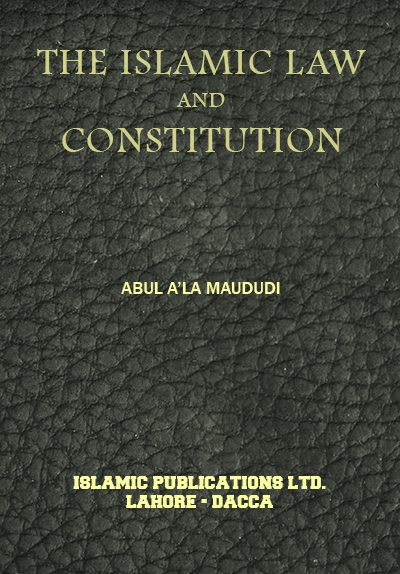



Having seen the total failure of its sanctions regime on Islamic Iran, Washington is now opting for a soft-power approach. It hopes to penetrate and undermine Iran through a charm offensive. Islamic Iran, beware!
“Islamic Government” is an exact translation of the original Persian title, Hukumat-i Islami. However, the reader should bear in mind that the book does not purport to offer either a complete scheme of Islamic political philosophy or a detailed plan for the establishment and functioning of an Islamic state. Its purpose is narrower and more specific, and geared to the audience to whom the lectures were delivered: students of the religious sciences, who might be expected later to assume positions of influence in Muslim society.
1A BODY OF LAWS ALONE is not sufficient for a society to be reformed. In order for law to ensure the reform and happiness of man, there must be an executive power and an executor. For this reason, God Almighty, in addition to revealing a body of law (i.e., the ordinances of the shari’a), has laid down a particular form of government together with executive and administrative institutions.
1ISLAMIC GOVERNMENT does not correspond to any of the existing forms of government. For example, it is not a tyranny, where the head of state can deal arbitrarily with the property and lives of the people, making use of them as he wills, putting to death anyone he wishes, and enriching anyone he wishes by granting landed estates and distributing the property and holdings of the people.
1IT IS OUR DUTY TO WORK toward the establishment of an Islamic government. The first activity we must undertake in this respect is the propagation of our cause; that is how we must begin. It has always been that way, all over the world: a group of people came together, deliberated, made decisions, and then began to propagate their aims. Gradually the number of like-minded people would increase, until finally they became powerful enough to influence a great state or even to confront and overthrow it, as was the case with the downfall of Muhammad ‘Ali Mirza and the supplanting of his absolute monarchy with constitutional government.’
1A book like the present one, which has not been written in the common textbook style, may not cater to all the academic needs of a student or Islamic Law and Constitution, who wants to study the subject in all its multifarious details, but I do hope, it will prove of immense help to all those persons who want to study the nature of the Islamic State, its theory, form and underlying principles, and who wish to understand how the Islamic Law can be implemented in a modern state. Today there are many countries whose Muslim population is, after attaining independence, naturally eager to base its polity on those principles and traditions of Islam which are a demand of its faith and conscience.The people want that the Islamic Law should be introduced in their respective countries so that they may follow a law which they owe their honest and sincere allegiance.
1
